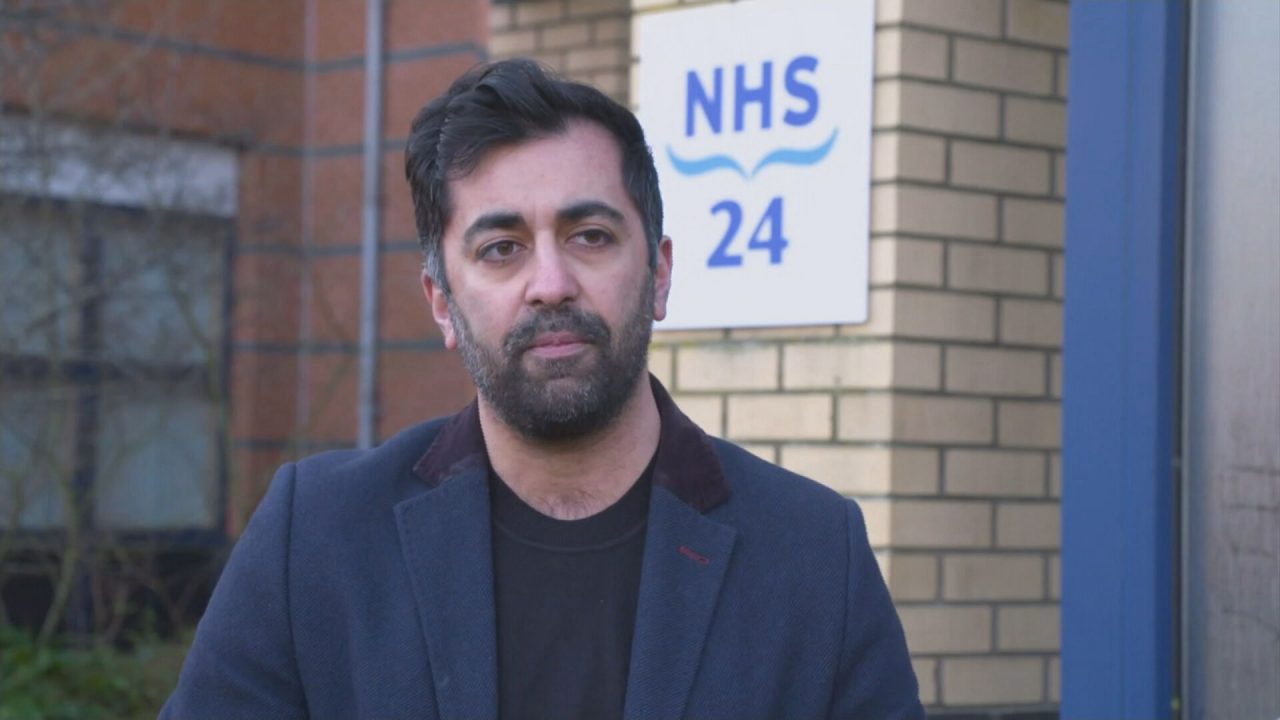Labour has called on “disastrous” Humza Yousaf to quit as Health Secretary as new figures showed bed blocking has cost the country more than £1.2bn over the past decade.
The party’s analysis of figures on delayed discharge showed that since Yousaf took over as health secretary after the May 2021 Holyrood elections, a total of 854,643 hospital days had been lost because of the problem.
Since 2013-14 Labour analysis of official figures showed that a total of 5,095,429 days had been lost – with the cost of this said to be more than £1.26bn.
In 2021-22 alone, a total of 540,302 hospital bed days were lost because of the problem – which occurs when patients are medically well enough to be discharged but have to stay in hospital while they wait for a care package to be put in place – a cost of £150m, Labour said.
From April 2022 to the end of October last year there were 382,389 days lost, at a cost of £111 million, the party added.
In 2015, when Shona Robison was health secretary, the Scottish Government had vowed to eradicate delayed discharge.
But in October 2022 the number of hospital beds occupied by people who were ready to be discharged reached a new record high – with an average of 1,898 beds taken each day by people who were ready to leave hospital.
Labour health spokeswoman Jackie Baillie hit out: “Years on from the SNP promising to end the deadly and costly practice of delayed discharge, the problem still persists and is in fact getting worse.
“This whopping cost to the taxpayer has built up on Nicola Sturgeon’s watch and the disastrous Health Secretary, Humza Yousaf, has allowed it to soar.”
Baillie continued: “We cannot have patients left in hospital unnecessarily and the public purse drained due to poor provision of care for those leaving hospital.
“It’s time for Humza Yousaf to face the music and hand the role over to someone who is prepared to tackle the issue.”
Yousaf said the Scottish Government was “working hard with health boards and the care sector to ensure those that are clinically fit to be discharged are supported into more appropriate care, at home or in the social care sector”.
Speaking about efforts to tackle the problem, the Health Secretary added: “Hospital at Home services have been increased, care at home capacity has been enhanced, social work pay has increased and £20 million has gone to provide interim care arrangements.”
However, he added there was “unprecedented demand across our whole health and social care system”.
Yousaf continued: “Like health services across the UK and globally, NHS Scotland is working under significant pressure and the pandemic continues to affect services.
“Social care has been hit by a triple whammy of Brexit, which has impacted staffing, the pandemic and high energy and inflation costs, all putting significant pressure on the sector.
“Getting those with no clinical need to be in hospital into more appropriate care does not only make financial sense, but it is clearly the right thing to do for patients, their loved ones and all our hard-working staff across health and social care and we continue to work with our partners to address these challenges.”
Follow STV News on WhatsApp
Scan the QR code on your mobile device for all the latest news from around the country


 STV News
STV News

























